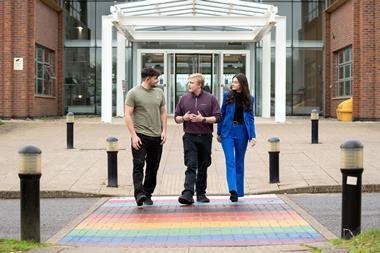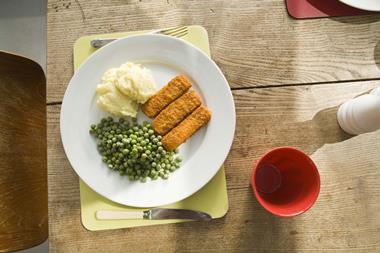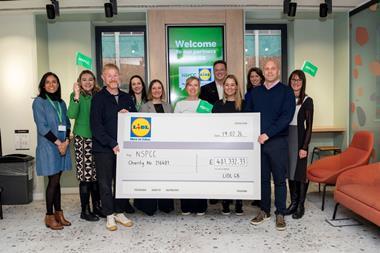Although it was put up for sale in March by its private equity owners Clayton Dubilier & Rice, Brakes has had a busy 12 months implementing substantial changes to its business.
The UK's biggest foodservice provider, which has a turnover of £1.6bn, has been the first major wholesaler to properly address the green issue, which for delivered operators is likely to be a particular concern over the next few years.
Brakes recognised the impact its operations were having on the environment and took steps to reduce this.
In 2006, initiatives implemented by the company enabled it to reduce carbon emissions by over four million kilogrammes.
The group also rolled out the use of Bio-diesel in its fleet of vehicles, with more than 40% of its 1,600-strong fleet now running on the fuel, which reduces CO2 emissions by up to 5%.
Brakes has also continued to expand its range of MSC accredited products. Brakes predicts it will sell 500,000kg of sustainable fish in 2007 compared to 350,000kg last year.
The judges were impressed by Brakes' response to the Government's White Paper on school meals. The company developed a brochure, Helping you meet the new School Food Standards, which was aimed at giving clarity and understanding of the new food standards which came into force last September.
Brakes is also making great steps to communicate its offer better.
Moving away from its frozen food past, Brakes has developed a new identity with the strapline 'fresh ideas'. It is currently in the process of branding its fleet with this message, as well as images of the products it supplies.
















No comments yet